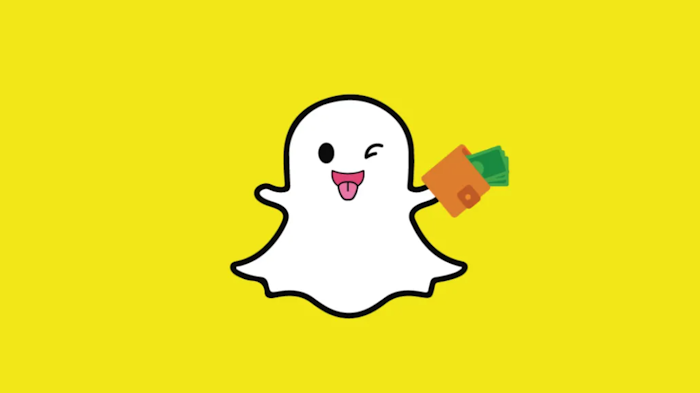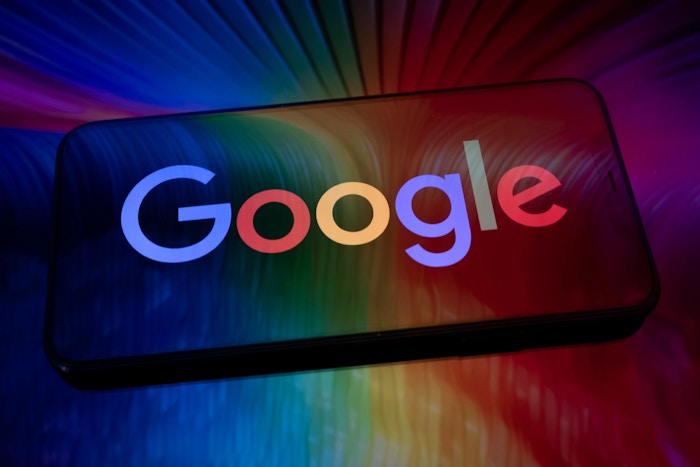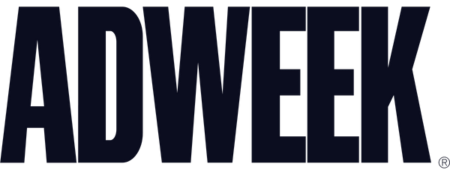To Ban, or Not to Ban: Our Take on How Marketers Should Be Thinking About TikTok
The Latest TikTok News
Tensions between TikTok and the U.S. government came to a head this month after the Biden administration threatened to ban the app should the company refuse to divest from its Chinese-owned parent company, ByteDance. The escalation comes amidst warnings from U.S. lawmakers that China’s investment in TikTok poses a threat to national security and opens the door for the Chinese government to influence content moderation on the platform.
To top it all off, TikTok CEO Shou Zi Chew faced Congress last Thursday and attempted to reassure U.S. lawmakers that the company has implemented measures to address their concerns. Central to Chew’s defense was TikTok’s plan to roll out what it calls “Project Texas” - a $1.5 billion project to migrate American user data to Texas-based Oracle. In another key moment, Chew rebutted accusations that TikTok’s algorithm has adverse effects on kids by pointing to steps the company has taken to protect its younger users.
A Marketing Perspective
Apart from the political drama, TikTok also made headlines this month after its announcement that 150 million American users are on the platform. The app’s popularity and influence are undeniable, and marketers are uniquely aware of this: there’s an appetite for short-form video that won’t be curbed by a TikTok ban. An eMarketer survey from November 2022 found that 63% of TikTok users would move to another platform, with Instagram being the favored alternative. And these platforms are already evolving their video capabilities to meet consumer demand - Instagram introduced 90-second videos last year, and Meta recently followed suit.
So, What Does TikTok Have to Say About All of This?
In response to last Thursday’s hearing, TikTok circulated a Myth vs. Fact Sheet, which counters what the company calls inaccuracies surrounding its ownership, content moderation, and data security. A few notable examples, transcribed directly from the document, include:
“Myth: TikTok’s parent company, ByteDance Ltd., is Chinese-owned.*
Fact: TikTok’s parent company ByteDance Ltd. was founded by Chinese entrepreneurs, but today, roughly sixty percent of the company is beneficially owned by global institutional investors such as Carlyle Group, General Atlantic, and Susquehanna International Group. An additional twenty percent of the company is owned by ByteDance employees around the world, including nearly seven thousand Americans. The remaining twenty percent is owned by the company's founder, who is a private individual and is not part of any state or government entity.”
*Despite TikTok’s attempt at myth-busting ByteDance’s association with the Chinese government, it has been reported that "golden shares" give the Chinese government the ability to appoint a seat on the company's board.
"Myth: TikTok manipulates content in a way that benefits the Chinese government or harms American interests.
Fact: TikTok is an entertainment app. The content on TikTok is generated by our community. TikTok does not permit any government to influence or change its recommendation model.
Myth: TikTok collects a significant amount of sensitive data on its users.
Fact: TikTok's privacy policy fully describes the data the company collects. There have been many inaccurate claims about our policies and practices that have gone unaddressed by the media. To be clear, the current versions of the TikTok app do NOT:
*Monitor keystrokes or content of what people type when they use our in-app browser on third-party websites;
Collect precise or approximate GPS location in the U.S.;
Use face or voice prints to identify individuals.
In line with industry practices and as explained in our privacy policy, we collect information to help the app function, operate securely, and improve the user experience. We constantly update our app and encourage users to download the most current version of TikTok.”
*This talking point conveniently omits what happens off the app via TikTok browser trackers, or “pixels.” But more on that in a minute.
Formalities aside, TikTok knows that the best way to reach an audience is, well, through TikTok. Ahead of his testimony on March 23rd, Chew appeared on TikTok’s verified account to address his upcoming congressional hearing and remind users of what’s at stake - that a ban could “take TikTok away” from 150 million users, 5 million business accounts, and 7,000 U.S.-based TikTok employees.
Creators Sounding the Alarm
TikTok has found support from its creators, who have taken to the platform to sound the alarm about what a ban, in the form of the S. 686 RESTRICT Act, would mean. One example comes from creator @sayheyjames, who recently published a video that generated 12.2 million video views and 2 million likes in the span of a week. In this video, he calls out elements of the bill that he says will “fundamentally change” how we use the internet, like the proposed legal consequences of using VPNs to access banned apps and the ban on hardware manufactured by “foreign adversaries” (including China, Russia, and Iran).
There are countless examples of this type of content, with trending hashtags like #tiktokban accumulating 2 billion views. Given how much creators have to lose in this debate, it’s no surprise that they’re leveraging the platform to create a sense of urgency around the issue.
Making Sense of It All
It’s near impossible to predict what happens next because there’s no playbook on how to best navigate the aftermath of a ban on a platform like TikTok. Kevin Goodwin, VP of Performance Marketing at New Engen, offers some perspective:
“Precedent matters. We have zero precedent for a nationwide ban of such a popular technology and entertainment platform. Since we’ve never seen it happen before, all marketers are skeptical that TikTok will be the first to pay the price. Take Meta and Google for example - they consistently face legislative pressure for specific products and ways of working (albeit on a smaller scale), yet have never been materially impacted in their ability to provide products to users and advertisers.”
On top of the legal and political complexities of a theoretical TikTok ban, the cultural and economic implications are massive. New Engen VP of Performance Marketing, Adam Telian, puts it plainly:
TikTok has done an amazing job of creating demand for a specific type of content which, it seems, a good portion of the world can’t get enough of. Our position is that, even if TikTok gets banned, the format and the attention it demands isn’t going anywhere.
Another key piece of the equation is TikTok creators, who help differentiate the platform from other major social media players. This is why New Engen leaders are asking, “what will happen with creators?” Many creators are already operating cross-platform, but those with an outsized presence on TikTok are at risk of losing potency in their existing brand partnerships. It will be incumbent on brands to diversify their influencer partnerships and plan accordingly for a creator migration to Reels, Shorts, and Triller (or maybe a resurrected Vine) in the wake of a TikTok ban.
“Once we figure out where the creators are moving,” Adam Telian says, “it will be up to the platform to prove they can retain user attention, and deliver the same results and consistent innovation we've seen from TikTok.”
Actions for Marketers (Whether You’re on TikTok Yet or Not)
For the time being, there are several actions marketers can take to leverage TikTok as it exists today.
New Engen Clients Operating on TikTok
These clients are embracing a business-as-usual approach to their TikTok strategy, but they’re also prepared to be agile and flexible as the situation unfolds. Kevin Goodwin explains, “We continue to recommend brands take a diversified channel strategy and approach to short-form video to hedge any extreme risk. We want to avoid the rare scenario where the government bans TikTok and one of our clients suddenly has 50%+ of their revenue at risk.”
In practice, this means incorporating Instagram Reels and Youtube Shorts into short-form video strategies, and, as mentioned above, ensuring that content creator programs aren’t over-dependent on the TikTok app and its toolset.
New Engen Clients Not Yet on TikTok
We are advising clients who are not yet on TikTok to move forward with their investment. “Even if TikTok does get banned,” Adam Telian explains, “clients can be using this time to refine their creative approach and learn how to unlock meaningful performance that should translate to whichever platform fills the vacuum created by a ban. And if it doesn’t get banned, then they’re ahead of where they would be if they chose to wait for the dust to settle."
New Engen Clients Concerned About Data Privacy
Anna Otieno, Head of Research & Insights at New Engen, reminds us, “Privacy and security are the top concerns right now, particularly for companies and government institutions. As we head into a world of cookie-less advertising and first-party data, control is key.” She notes that, regarding TikTok, “It’s been confirmed that the app - like Google and Meta - gathers information about people as they move around the internet. TikTok partners with companies that embed tiny website trackers “pixels” to better measure and target ads - usually without user notification.”
With this in mind, some New Engen clients have chosen to refrain from implementing TikTok’s tracking pixel. This allows brands to maintain their presence on the platform without compromising their first-party data.
It’s important to note, however, that creators tend to have a difference of opinion on this front. Anna Otieno tells us that, "While privacy and security are important to TikTok users, content creators are less concerned given the tradeoff. In fact, most social media users know that their data is tracked and shared to make sure ‘the algorithm is working.’ TikTok’s remixed creator fund, known as the Creativity Program Beta, aims to help creators “generate higher revenue potential.” What’s the price of opportunity and revenue? Data."
Stay up to date with the latest TikTok developments and other marketing news by subscribing to our newsletter and following us on LinkedIn.








